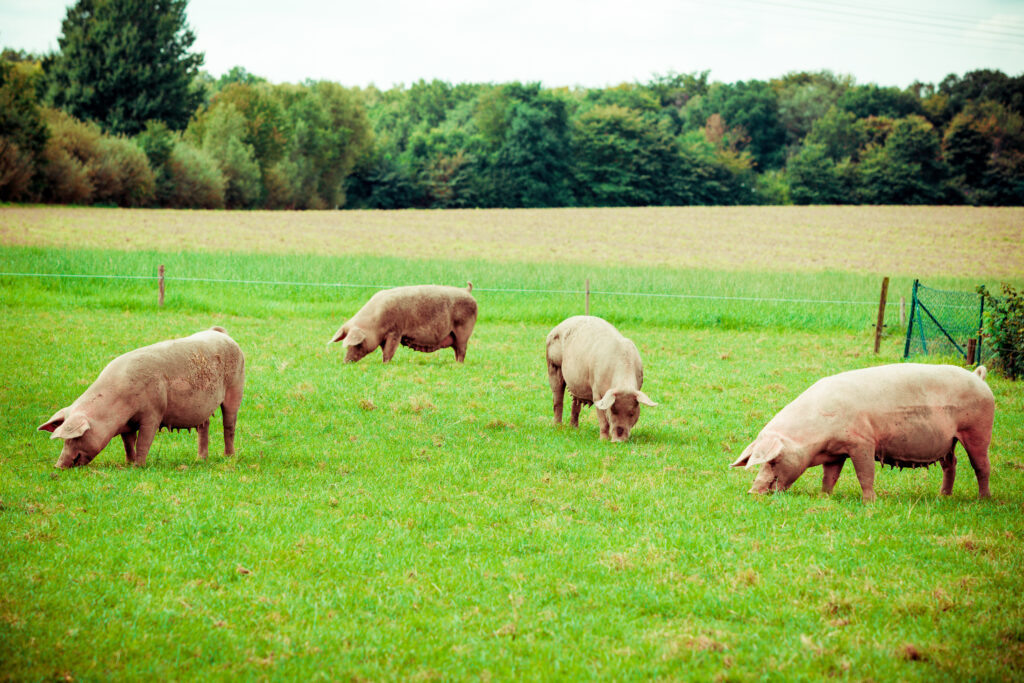
Religion is a very important aspect of many people’s lives. These different religions often bring certain diet or eating restrictions. One such religion is Islam, which practices the dietary rules of halal.
There are some Meals Ready to Eat (MREs) that are halal. While not all MRE suppliers make halal meals, J&M and XMRE are two suppliers that do. Some halal MRE meal options provided by the military are lamb and vegetable barley stew and chicken pesto.
The practice of halal is fairly new in the Western world so many may not know that the U.S. military makes halal MREs, and many may not even know what halal is. This article will hopefully bring to light this term and its meaning.
Are MRE Meals Halal?
There are selections of MREs that are halal. These are only made by certain suppliers. For those of you who don’t know what halal is, skip down to the what is halal section and then come back up here.
Halal is not a simple or easy process of preparing food when compared to the usual methods that the military already uses to prepare most MREs. Because of this, it is easy to understand why not every meal is prepared to halal standards.
With that being said, halal prepared foods are available. According to the Defense Logistics Agency when discussing religious meals, “Each case of Religious Meals contains twelve meals with entrees and component/accessory items.” Source
There are specific MREs that are kosher and halal! While kosher MREs have a whole different backstory, halal MREs started being made in the ’90s by J&M.
“For almost two decades, J&M supplied its halal MREs as a vital defense contractor, shipping more than thirty (30) million MREs throughout the world in support of military operations.” Source

Since the 90’s when this started, there have been halal MREs made for and provided to the military. These meals are certified by Islamic food and nutrition councils, including being “certified by Chicago’s Islamic Food and Nutrition Council of America.” Source
While halal prepared MRE’s have not always been provided, they are now, with many options to choose from.
What is Halal?
This is for those of you who have heard me ramble on about MREs and halal and still have no idea what I am talking about.
Simply put, halal is a code of regulations and rules for food that most orthodox Muslims abide by. The actual meaning of the word points back to this.
“Halal is an Arabic word that means ‘permissible.’ In terms of food, it means food that is permissible according to Islamic law.”
Source
This practice of eating things prepared as halal goes all the way back to the times of the Qur’an. This diet and food practice is ingrained in Islamic culture.
There are very specific foods and meats that are determined to be halal. Some food is deemed nonpermissible. Along with this, the slaughtering of animals must be done in a certain way.
Rules And Restrictions Of Halal
Here is where we are going to lay down what exactly makes something halal. This includes what can be eaten as well as how it must be prepared.
What Can And Can’t Be Eaten?
First, let’s go over the specific foods that can and can not be eaten. Essentially all non meat products are ok to eat. This includes fruits and vegetables, legumes, and dairy products.
The only main restriction for non meat foods is that fish and eggs are to be seperated from meat during preparation. Other than that, it seems to me that most all non meat products are permissible.
While there are little to no restrictions on non meat products, actual meat products are quite restricted.
“A Muslim does not eat generally available meat or food that contains animal fats, in case it contains pork fat or fat from other animals not ritually slaughtered.”
Source
Muslims must specifically avoid animal fats. This would include high-fatty animals as well as certain organs in animals.
For example, this would eliminate food and meat that comes from a pig.

Some of the organs not permitted to be eaten include the testicles, bladder, and pancreas. Generally speaking, if it has a large amount of fat, it is not considered halal and is not to be eaten.
Preparation
The preparation of the meat is where a lot of effort is required. This is also where some begin to have problems with halal. Whether or not you take issue with this method of preparation is up for you to decide.
According to Week.co.uk,
“God’s name must be invoked in a one-line blessing called the Tasmiyah, said before any slaughter…The Islamic method of killing an animal for meat is called zabiha. After reciting the blessing, the slaughterman uses a surgically sharp instrument to cut the animal’s throat, windpipe and the blood vessels around its neck. The blood is then allowed to drain from the body.”
Source
This is done to prepare the meat in a permissible way before God. Through this preparation, the food is deemed clean and permissible and is good to eat.
By preparing it in this way, where the food is blessed before it is prepared, makes me realize why not all food provided in the military is halal. It simply is not feasible, but I am glad that there are options provided.
The restrictions of which meat to eat, as well as the preparation of said meat, must be done for the meat to be deemed good or permissible and to be considered halal.
Different Meal Options
So now that we know that halal MREs are provided and we also know what halal is, now let’s get into the specifics. According to the United States government, these are some of the halal MRE options.
- Lamb & Vegetable Barley Stew
- Vegetable & Lamb Jalfrazi
- Beef Roast & Vegetables
- Beef Stew
- Lamb & Lentil Stew
- Lentils Dal Marsala
- Chicken & Vegetables
- Chicken Pesto
- Penne Pasta
As you can see there are many options provided to those who live and eat halal, just like there should be.
In the end, while halal MREs have not always been provided, they are available now. There are even a variety of choices and options!